JEFFREY SCHEUER BLOG POSTS
View Blog Entries by Category
Archive
- April 2023
- May 2023
- June 2023
- July 2023
- August 2023
- September 2023
- October 2023
- November 2023
- December 2023
- January 2024
- February 2024
- March 2024
- April 2024
- May 2024
- June 2024
- July 2024
- August 2024
- September 2024
- October 2024
- November 2024
- December 2024
- January 2025
- February 2025
- March 2025
- April 2025
- May 2025
- June 2025
- July 2025
- August 2025
- September 2025
- October 2025
- November 2025
- December 2025
- January 2026
- February 2026



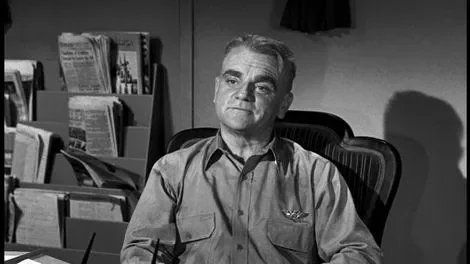
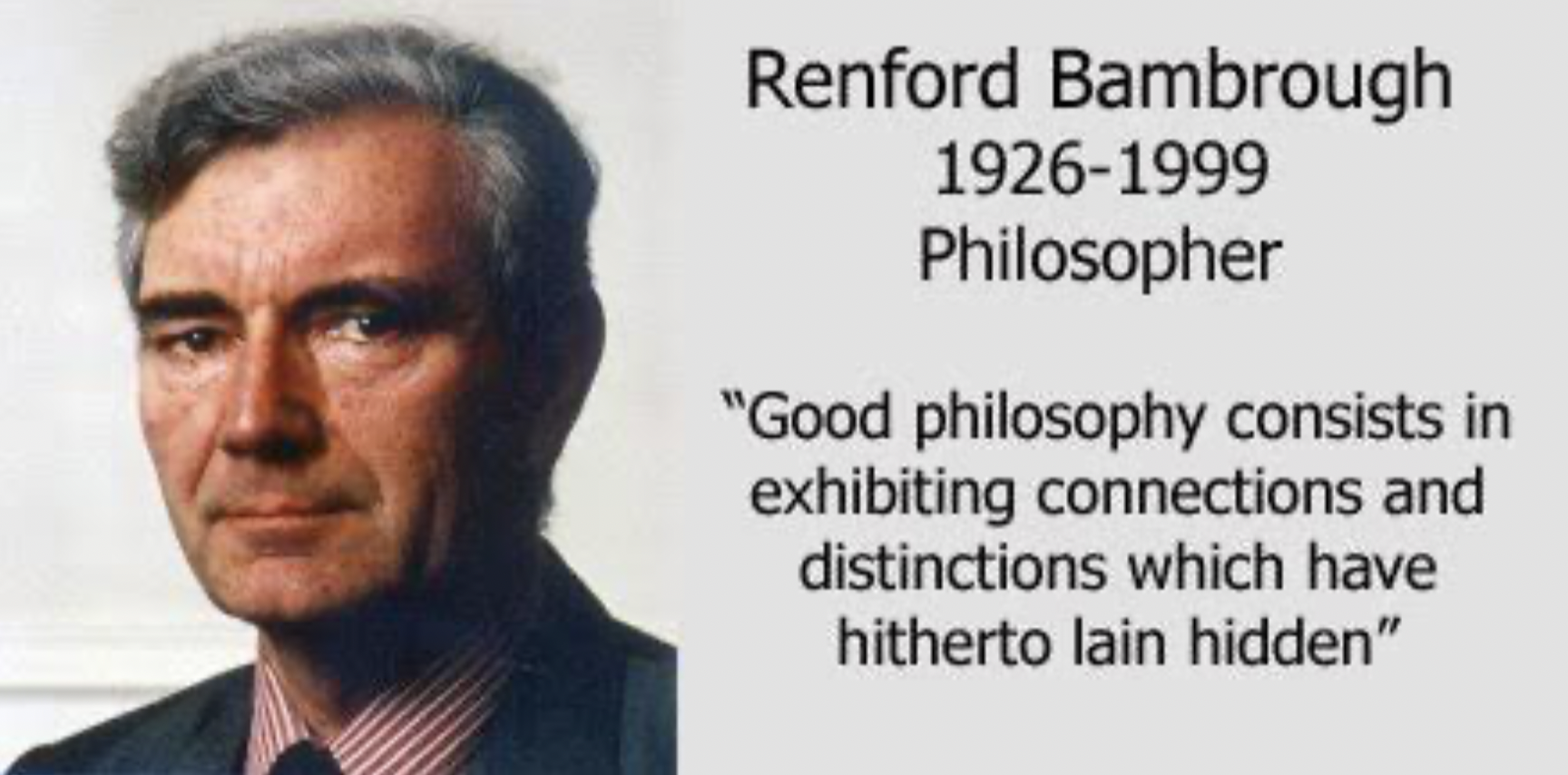








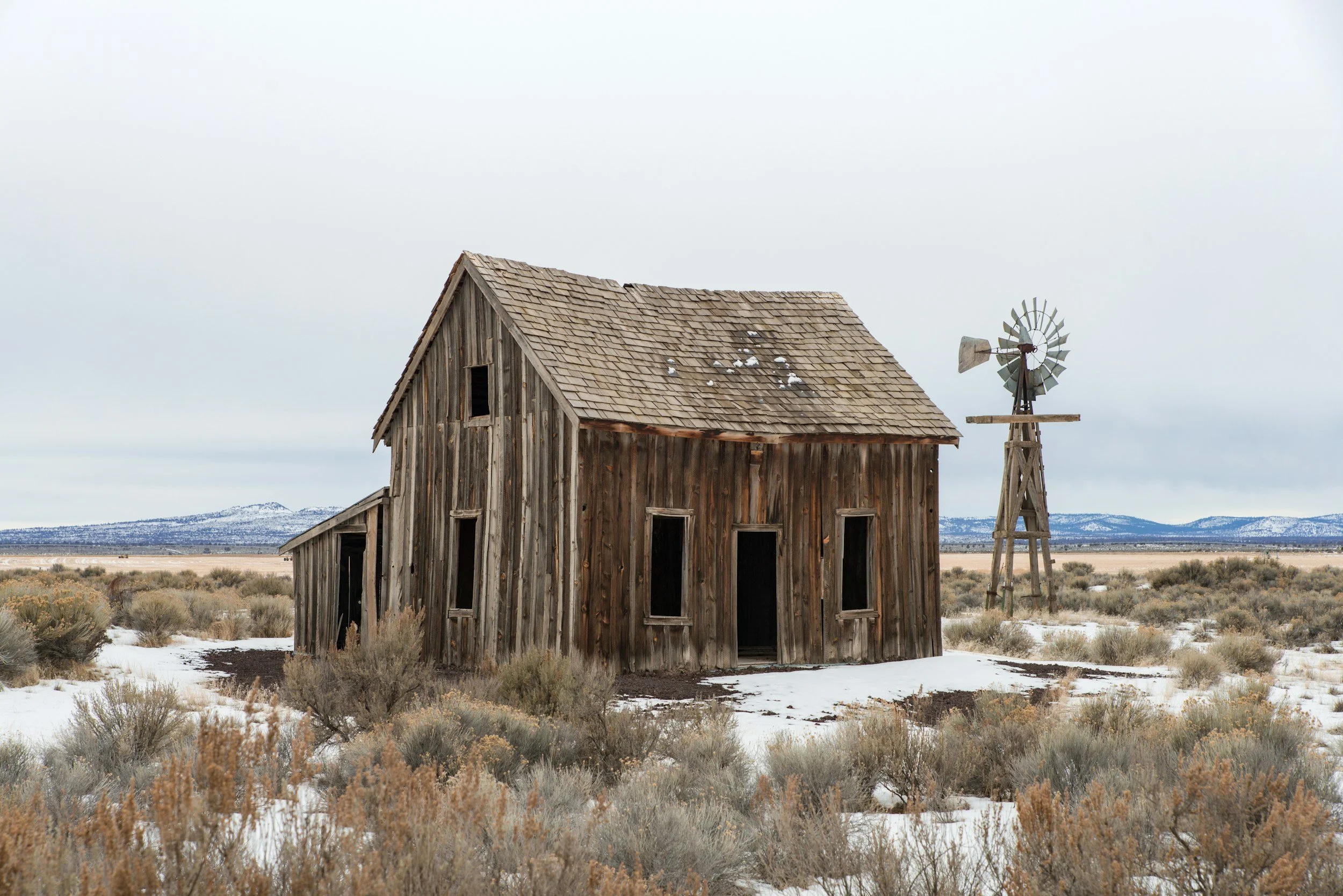
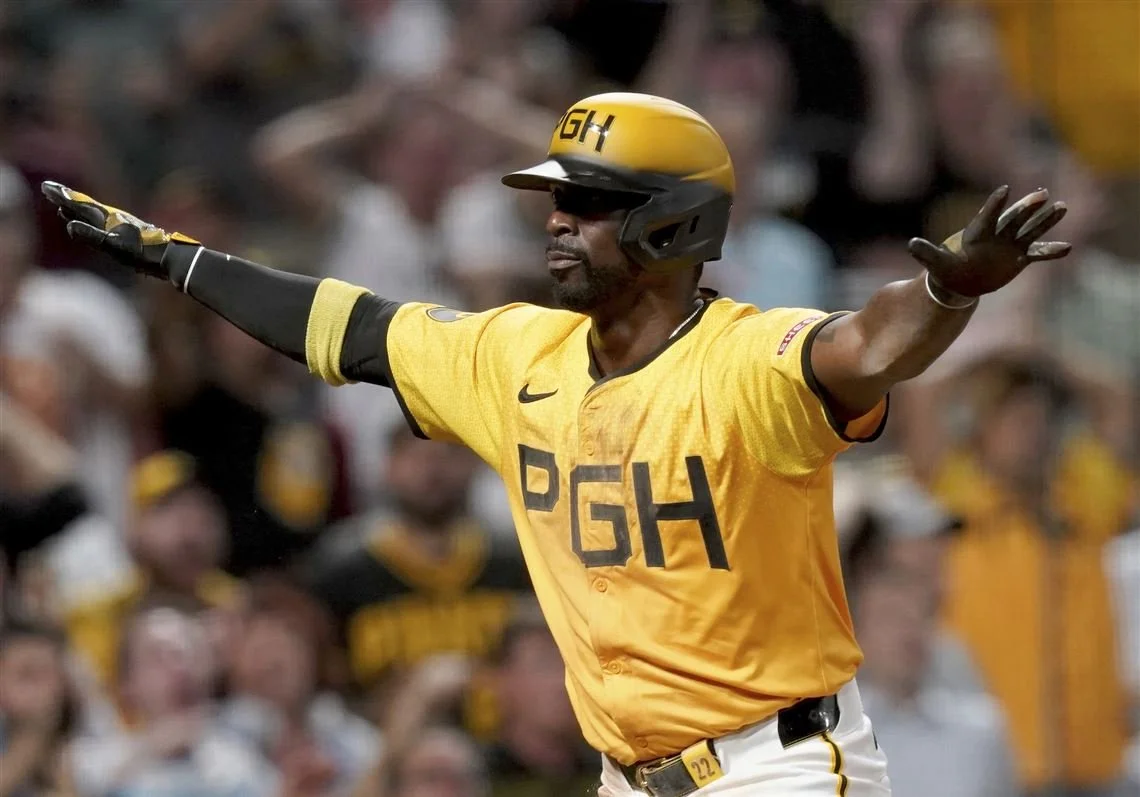



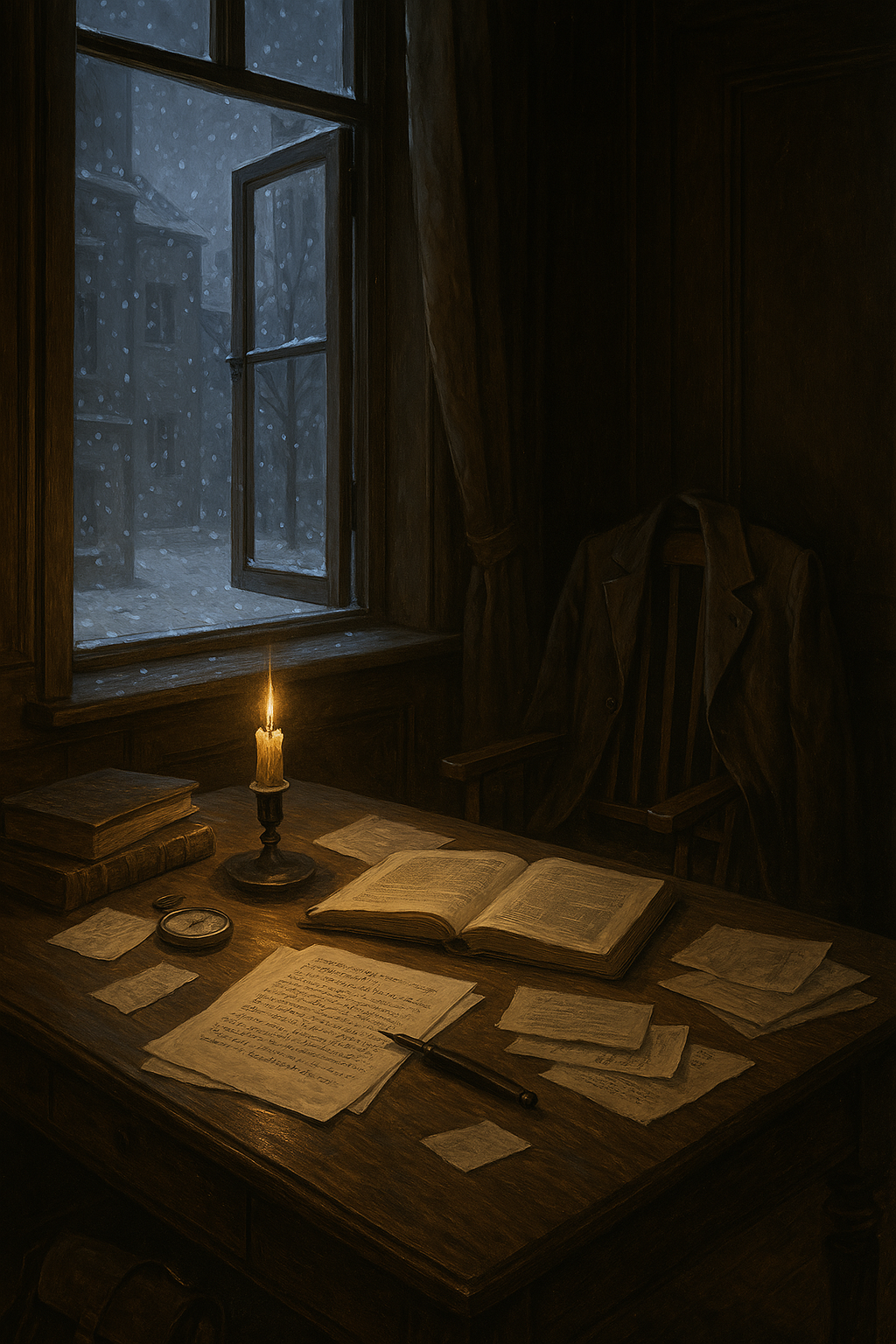

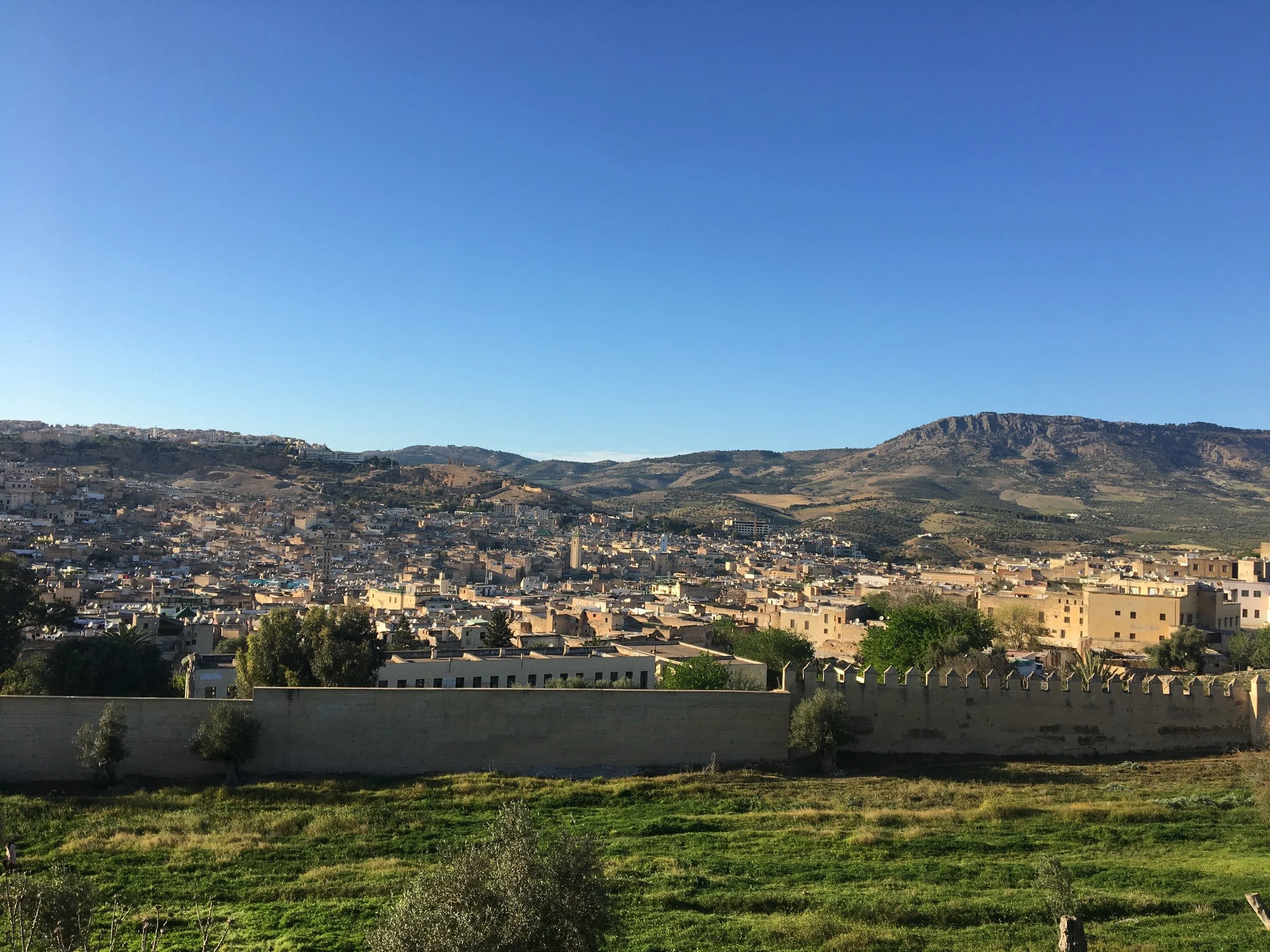










Two small, nearly matching books have stood on my desk for some fifty years, with my name, dating back to college, printed inside. One is the Concise Oxford Dictionary (6th edition). It is based on the 26-volume Oxford English Dictionary, and it looks like an ordinary-sized book. I was surprised to open the one-volume dictionary the other day and find that it contains 1,367 pages. The sixth edition, edited by J.B. Sykes in 1976, is based on the original First Edition edited by H.W. Fowler and his brother F.G. Fowler in 1911. And when I say “edited” in the latter case, I mean the Fowlers did all the work of assembling the dictionary. It took years.